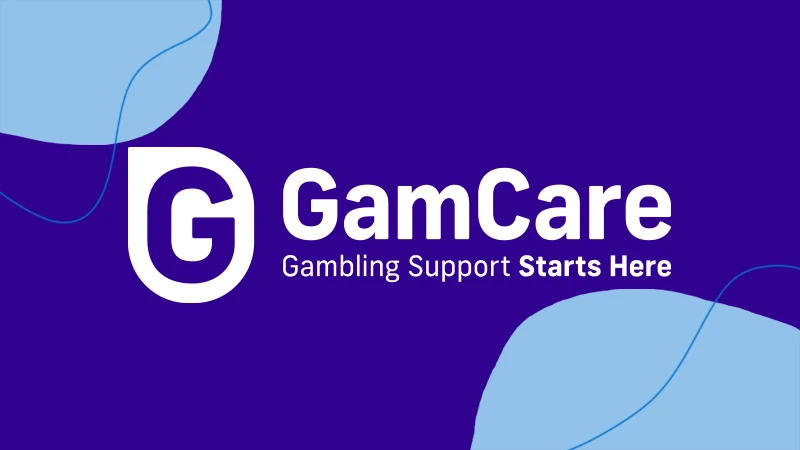GamCare – a sharp increase in contact is a positive thing

GamCare has revealed a sharp upturn in the number of contacts made to its National Gambling Helpline, making 2023 its busiest year to date.
The gambling charity, which provides UK-wide support to those affected by problem gambling, reported more people reaching out to them than ever before. Describing the helpline as “invaluable”, GamCare showed a 24% increase year-on-year in the raw number of contacts made with its service.
August 2023 was the helpline’s busiest ever month, with December 2023 the busiest Christmas to date – a rise of 39% against the same month in 2022. There was also an increase in reports of concerning gambling behaviour in other people, with relatives and friends also contacting the service for help.
The increase in contact with the National Gambling Helpline comes against a backdrop of tightening legislation for gambling operators. The government’s White Paper review of gambling rules, currently working its way through consultation, looks set to result in more stringent regulation for gambling operators.
So is this a sign of problem gambling on the rise? Or is the rise in contacts more nuanced? Is it perhaps a sign that gambling awareness efforts and responsible gambling campaigns are encouraging more people to reach out?
The excellent work of GamCare
GamCare does fantastic work supporting people with gambling issues – which includes supporting partners and families affected. The National Gambling Helpline is open 24 hours a day, 7 days a week, enabling those impacted by problem gambling to find expert help and support without delay.
The helpline is open to those directly impacted by problem gambling, as well as friends and relatives concerned about loved ones' gambling behaviours. Help is now also available from the service through WhatsApp, online live chat, chatrooms and forums. This is in addition to existing resources and channels.
No one in the gambling industry is in denial about the existence of problem gamblers and the often devastating effects on those impacted. But the numbers are small – relative to those who gamble safely, within their means. It's the stellar work of organisations like Gamcare which helps keep the problem numbers down while providing excellent support to those who are experiencing problems. That support is freely available meaning they don’t have to do it alone.
A busier year for GamCare ultimately means more people helped by the organisation, further cementing their position as one of the UK’s leading organisations in providing this vital support service..
Problem gambling numbers remain low
In spite of the significant uptick in contacts with the National Gambling Helpline, problem gambling affects only a very small proportion of people. The Gambling Commission’s own figures suggest around 0.2% of the population are affected by problem gambling. With some 44% of British adults gambling each month, this represents a tiny percentage.
Yet still, industry initiatives like Safer Gambling Week, Gamstop’s Self Exclusion Awareness Day, and countless other programmes have been driving the message of responsible gambling. It’s all done with the aim of raising awareness of the resources and tools that are out there to help gamblers deal with problematic behaviour.
Any uptick in the amount of support sought for gambling problems could paint a picture of a growing problem. However, in reality, it’s more likely down to an increase in both awareness of problems and the support that exists helping those affected.
There’s also scope for an increase in willingness on the part of those struggling with the issue, plus friends and family members to seek help. In that respect, the increased contact can actually be seen as a good thing. It’s a significant contributor to breaking down some of the last remaining taboos around gambling harm and seeking solutions.
Breaking taboos around problem gambling
In days gone by, admitting to having problems with gambling would have been much harder for many people. Gambling addiction may have been seen as less of a ‘real’ addiction than others, or as something shameful or difficult for those affected to accept. But with the excellent work being done by GamCare and others, these taboos are finally being broken down.
Rather than reaching for legislative levers every time there is an increase in the usage of problem gambling support, it’s perhaps worth noting the positives. Maybe it’s a sign of these constant, high-profile campaigns finally paying dividends.
Encouraging those who need help to come forward is the focus of many responsible gambling campaigns, so the surge in contact should really be no surprise. Perhaps the stigma around gambling problems is finally subsiding.
